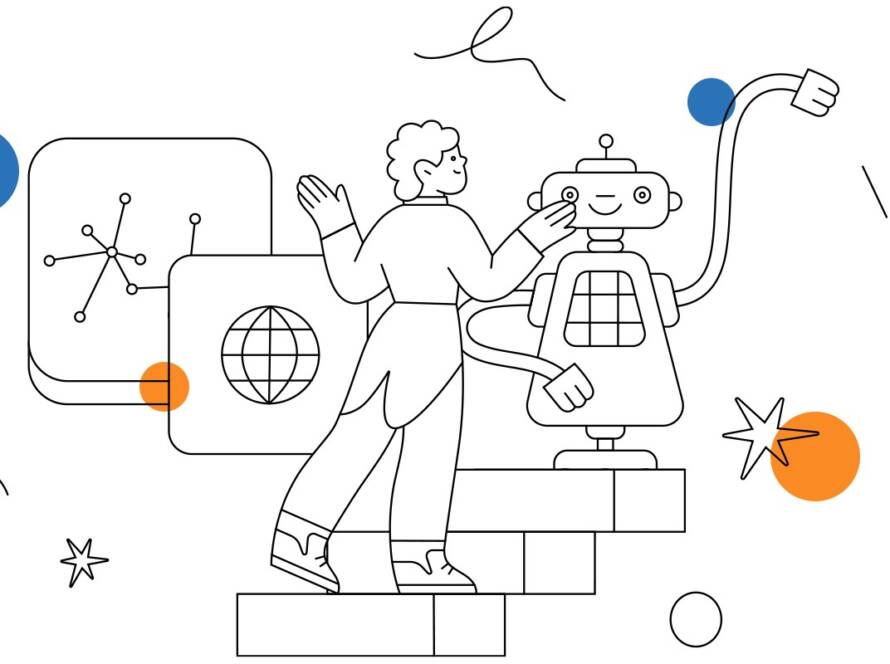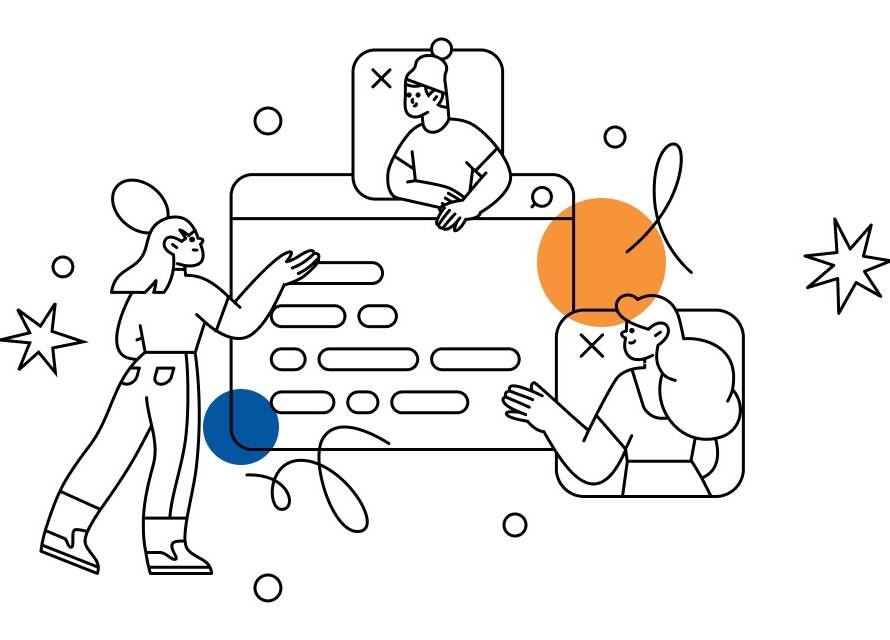Let’s dive deeper into how fintech is disrupting traditional banking and spearheading a revolution in the financial landscape.
According to a study by Deloitte, 58% of consumers are willing to share personal data in exchange for personalized offers, underscoring the value of personalized financial services.”
Convenience at Your Fingertips
Fintech has ushered in a new era of convenience, putting financial management literally at our fingertips. Through user-friendly mobile banking apps and seamless online platforms, customers can effortlessly check their account balances, transfer funds, pay bills, and even apply for loans—all without the hassle of visiting a physical bank branch.
This unparalleled accessibility means banking tasks can be completed quickly and efficiently, anytime and anywhere, revolutionizing the way we interact with our finances.
Personalized Financial Solutions
In contrast to the one-size-fits-all approach of traditional banks, fintech companies prioritize personalization, offering tailored financial solutions to meet individual needs. Leveraging advanced data analytics and artificial intelligence, fintech platforms analyze user behavior and financial habits to provide personalized recommendations and insights. According to a study by Deloitte, 58% of consumers are willing to share personal data in exchange for personalized offers, underscoring the value of personalized financial services.
Whether it’s budgeting tools to track expenses, investment advice based on risk tolerance, or customized loan options, fintech empowers consumers with personalized financial guidance tailored to their unique circumstances.
Efficiency and Cost Savings

Fintech drives efficiency and cost savings by streamlining banking processes and reducing operational overhead. Harnessing cutting-edge technologies such as blockchain and cloud computing, fintech companies deliver faster transactions, lower fees, and competitive interest rates on savings accounts.
By eliminating the need for physical branches and leveraging digital-first approaches, fintech disrupts the traditional banking model, resulting in enhanced cost efficiency for consumers and improved profitability for businesses.
Financial Inclusion
A hallmark of fintech’s impact is its role in promoting financial inclusion, ensuring that underserved populations have access to affordable and accessible financial services. According to the World Bank, there are still 1.7 billion unbanked adults globally, highlighting the need for inclusive financial solutions. Traditional banking services may be out of reach for many due to geographic limitations, high fees, or stringent eligibility requirements.
Fintech solutions, such as mobile banking and digital wallets, democratize access to financial services, empowering unbanked and underbanked individuals to participate in the global economy. Whether it’s providing microloans to small businesses or facilitating remittance services for migrant workers, fintech fosters economic empowerment and inclusion for marginalized communities.
Disrupting Traditional Payment Systems
Fintech is revolutionizing payment systems, offering innovative alternatives to traditional methods. From contactless payments and mobile wallets to peer-to-peer lending platforms and cryptocurrency, fintech provides faster, more secure, and more convenient payment solutions.
As consumers increasingly embrace digital payments, traditional banks face mounting competition from fintech startups and tech giants entering the payments arena. This competitive landscape drives innovation and forces traditional banks to adapt or risk obsolescence, ultimately benefiting consumers with enhanced payment options and improved user experiences.
Challenges and Regulatory Considerations
Despite its transformative potential, fintech also presents challenges and regulatory considerations. Cybersecurity threats, data privacy concerns, and regulatory compliance issues are top priorities for both fintech companies and regulators. Striking the right balance between innovation and consumer protection is essential for maintaining trust and confidence in the fintech ecosystem.
Moreover, navigating the complex regulatory landscape across different jurisdictions poses a significant challenge for fintech startups, requiring robust legal and compliance frameworks to ensure compliance with regulatory requirements.
According to the World Bank, there are still 1.7 billion unbanked adults globally, highlighting the need for inclusive financial solutions.”
Collaboration and Partnerships
In an increasingly interconnected financial ecosystem, collaboration and partnerships between fintech startups and traditional banks are becoming commonplace. Recognizing the value of fintech innovation, traditional banks are leveraging partnerships to enhance their digital offerings and improve customer experiences.
These collaborations capitalize on the strengths of both parties, combining the stability and infrastructure of traditional banks with the agility and innovation of fintech companies. Ultimately, such collaborations benefit consumers by providing access to a wider range of financial products and services, driving innovation, and fostering a more inclusive financial ecosystem.
Final Words
In conclusion, fintech’s disruptive impact on traditional banking is undeniable, offering unparalleled convenience, personalized solutions, and cost efficiency. As fintech continues to evolve, it will reshape the financial landscape, empowering consumers and driving innovation across the industry.
Despite challenges and regulatory considerations, collaboration between fintech startups and traditional banks presents exciting opportunities for innovation and growth. With fintech leading the charge, the future of finance is brighter and more inclusive than ever before.



